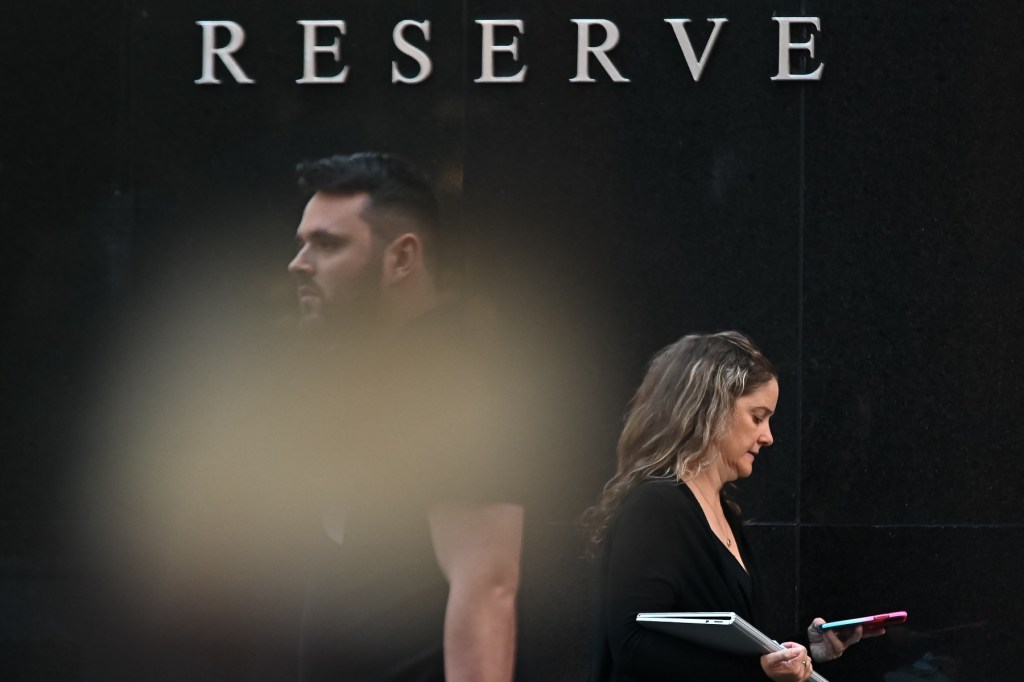Uber scraps $105m Aussie car-sharing division

- by Admin
- August 21, 2024

While the ride-sharing model has taken off in Australia, disrupting the taxi industry by letting private car owners act like minicabs, car sharing is less well established.
It applies the Airbnb model to vehicles, with customers paying to use cars for a predetermined period and also for how far they drive. Uber was betting that Australians would want to make money off their cars, which would otherwise sit idle on their driveways, and that a growing number of people would eschew car ownership entirely.
In the context of higher cost-of-living pressures from interest rate rises and higher petrol prices, Uber was bullish in its expectations for the division, with its local general manager of rides, Dom Taylor, declaring it would change the way Australians viewed the need to own multiple cars.
“Car sharing will be the great next disruptor of Australian transport,” he said at the time. Uber cited its own research suggesting more than 59 per cent of people were driving less frequently due to the costs.
Other peer-to-peer car-sharing services in Australia include Turo and Drive Mate, whereas a number of car subscription services have sprung up as an alternative to car ownership, including ASX-listed Carly, Carbar and GoGet.
At the time of its acquisition of Car Next Door, Mr Taylor said Uber hoped to give commuters another option for trips less suited to ride-share, and provide those without a car with a way to run errands to supermarkets or hardware stores, or take day trips away.
Uber’s struggles to make the model work mirror those found by others who have tried to introduce it before them. ASX-listed car subscription firm Carly previously ran a service called DriveMyCar, but closed it two years ago to focus on subscriptions.
“We moved out of the peer-to-peer car rental space because we thought we could offer higher-quality vehicles and better customer service if we owned the fleet or worked directly with automotive manufacturers or dealers who could provide high-quality vehicles,” Carly chief executive Chris Noone said on Wednesday.
The marketplace relies on both a large number of customers and plenty of citizens willing to rent out their vehicles. One industry insider said owners of Uber Car Share cars frequently complained on private social media groups about customers damaging their vehicles, and then of struggling to get redress from Uber.
Carbar chief executive Des Hang said car sharing was a much more challenging model to operate than subscriptions, and it was hard to convince Australians to give up the perks of vehicle ownership.
“In our experience, Australians prefer direct access to their vehicles without needing to pre-plan the use of them. Convenience is a huge factor in the decision-making around how Australians access cars,” Mr Hang said.
“These platforms can also experience churn due to poor user experience. It only takes one bad instance for those renting out their car to pull their vehicle off the platform, and it’s difficult for these platform owners to vet their customers.”
Car Next Door’s development of the peer-to-peer car-sharing model locally had attracted a wide range of investors over 10 years before its acquisition. These included Hyundai, Suncorp, Ampol and entrepreneur-turned-venture capitalist Steve Baxter.
The Latest News
-
December 25, 2024Australia to bat first at MCG in Boxing Day heat
-
December 25, 2024Golf Participation in Australia Hits New Heights – APGC
-
December 25, 2024Boxing Day Test: Australia batting first against India
-
December 25, 2024Live: Fearless Konstas makes wild start to Test debut as Australia bats first at MCG
-
December 25, 2024Boxing Day Test 2024: Australia vs India fourth men’s cricket Test, day one – live updates



